







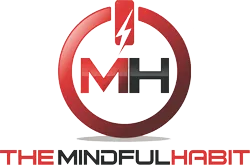

404
We Couldn't Find This Page....
The page you're looking after no longer exists. Check out the homepage link.
404
This Page Doesn’t Exist… But Your Healing Still Can.
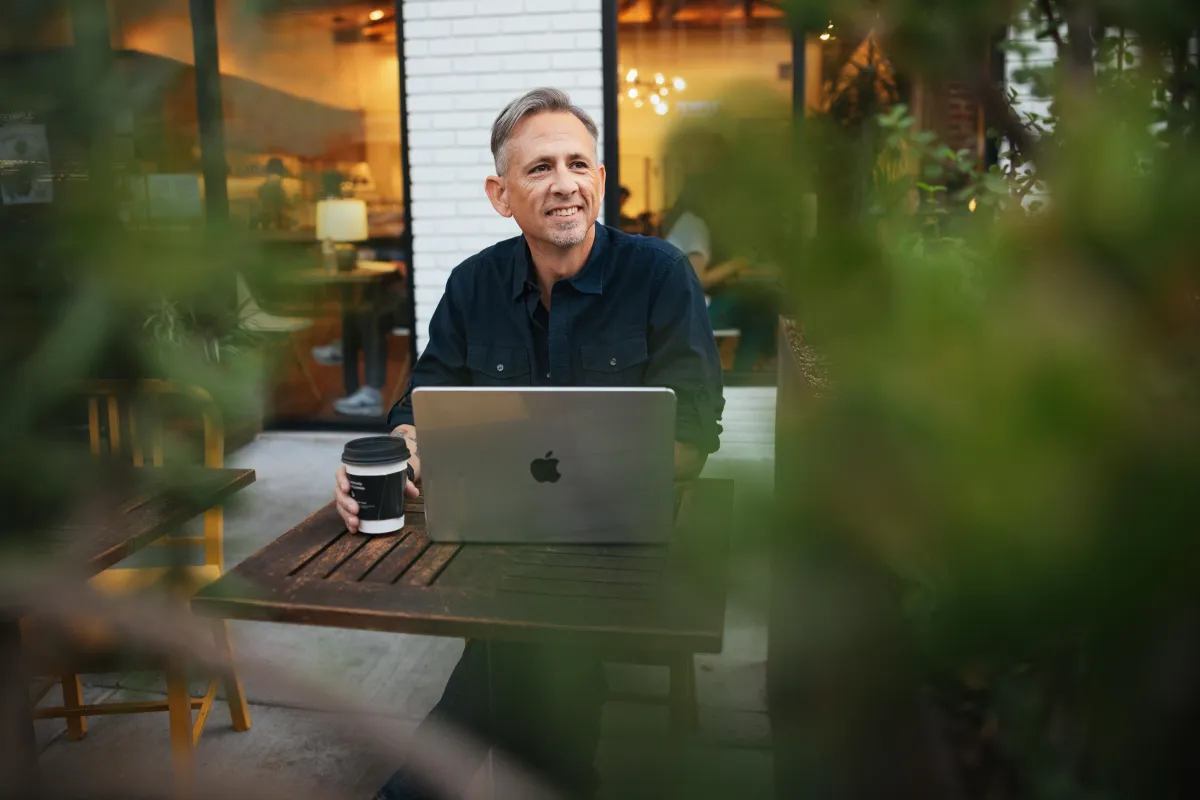
You didn’t end up here by accident.
If you’re struggling with porn, sex, or any compulsive behavior that’s wrecking your peace, your relationship, or your self-worth - You’re in the right place.
This page may be gone, but your path forward isn’t.
Let’s help you get back on it.
Since You’re Here...
You don’t need more shame.
You need a system.
You need a plan.
You need to feel like yourself again - without hiding, lying, or secretly falling apart.
Learn about our science-backed coaching system that’s helped thousands of men overcome porn and sex addiction.
Get personalized support - no labels, no judgment, just results.
Tap into tools, community, and a proven process that works.
Let’s Connect
Tell us what brought you here.
We’ll guide you to the right next step - whether that’s a conversation, a resource, or a real solution to finally break free.
The Mindful Habit®
– Helping Men Break Free From Porn, Sex, and Destructive Behaviors…
…and finally feel good on the inside.
Copyright @ 2025. The Mindful Habit® System | All Rights Reserved




Craig and Michelle Perra aren’t just experts in theory, they’ve lived this experience through and through. With Craig’s video series and Michelle’s Partner’s Survival Guide, every couple experiencing the challenge of porn or sex addiction can overcome this and take the steps down a new path.
The Mindful Habit System Is A Structured, Science Based Attack On Your Sex & Porn Addiction. You Will Learn:

Increased Self Control
Habits rule your life. Learn how to interrupt your habit cycle and respond to triggers in a healthy way so you have control in all areas of your life.
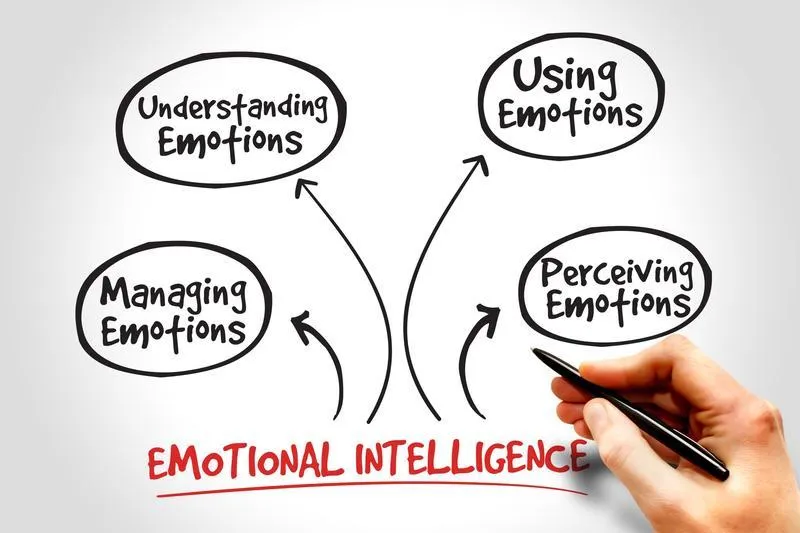
Higher EQ
You are a slave to your past. Quickly elevate your emotional intelligence (EQ) by diving deep into the patterns collected in childhood that drive behaviors today.
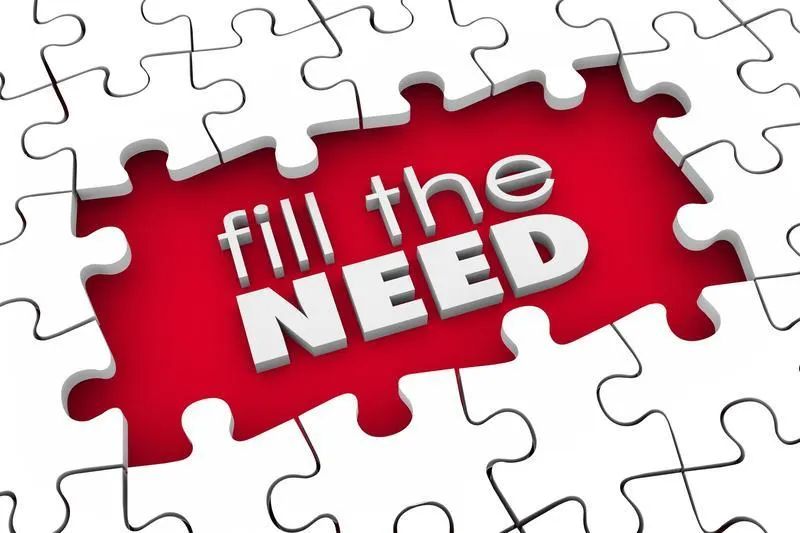
Your Unmet Needs
All your negative behaviors are a function of your unmet needs. Learn how your addiction is meeting these needs to get these needs met in a healthy way.
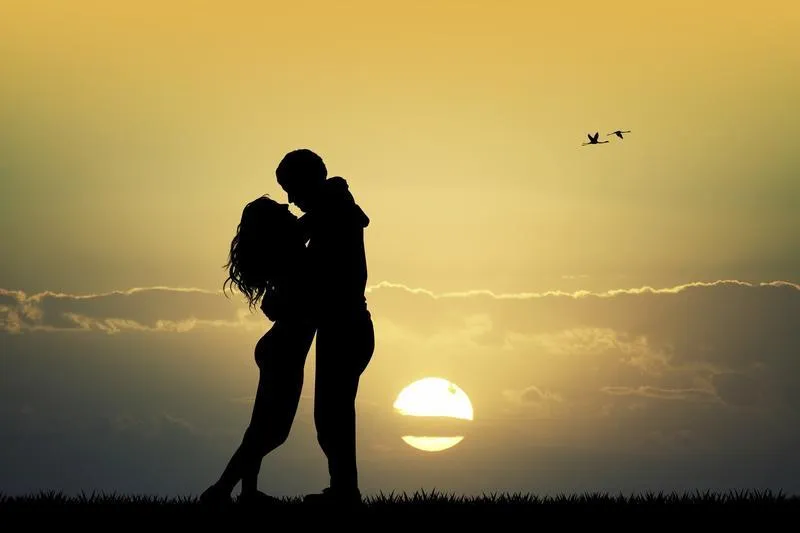
Create Healthy Sexuality
Your sexual energy is powerful. Embrace this power and build sexually healthy belief systems and actions to enhance your life in a powerful way.
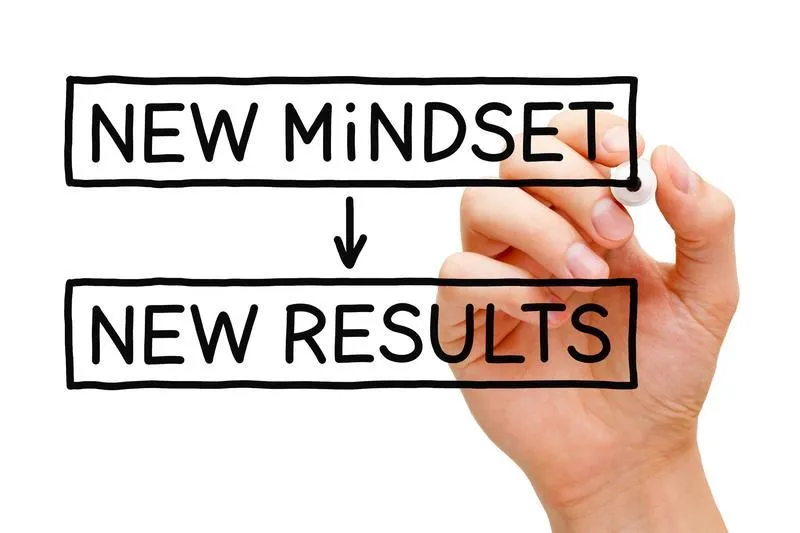
Sustainable Results
Avoid the relapse trap. Learn to create sustainable results so you can manage life’s inevitable challenges and create a system that drives long term success.
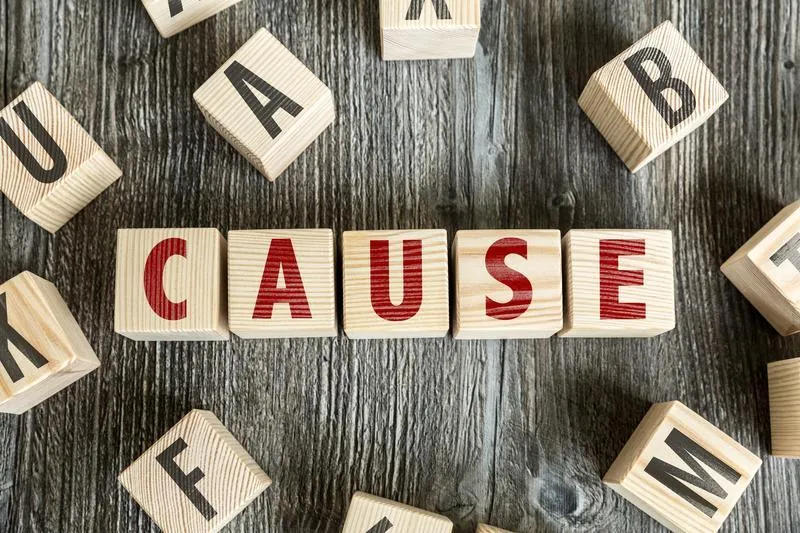
Non 12-Step Approach
The disease based addiction model doesn’t work for most people. Instead of treating the symptoms, treat the root cause of your addiction to create life altering change.
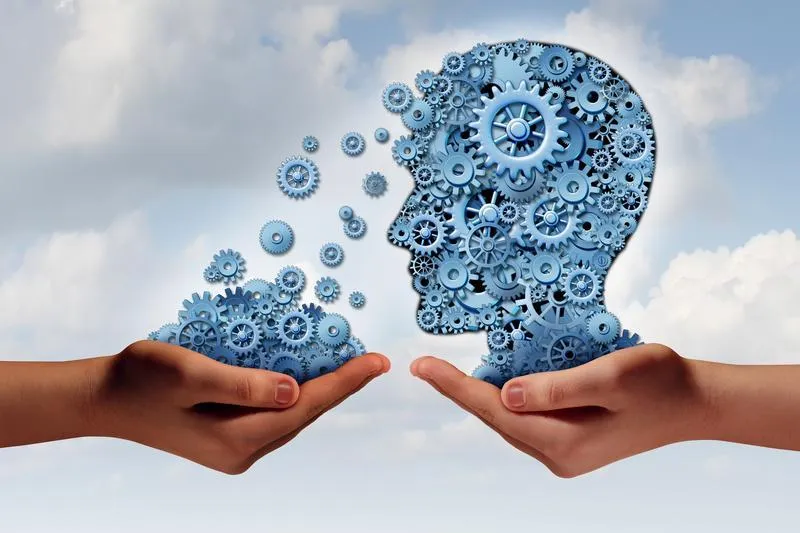
Tools to Succeed
Learning about stuff is not enough. Master critical “life-hacking” tools to effectively respond to triggers, failures, challenges,. sexual desire, and negative self-talk.
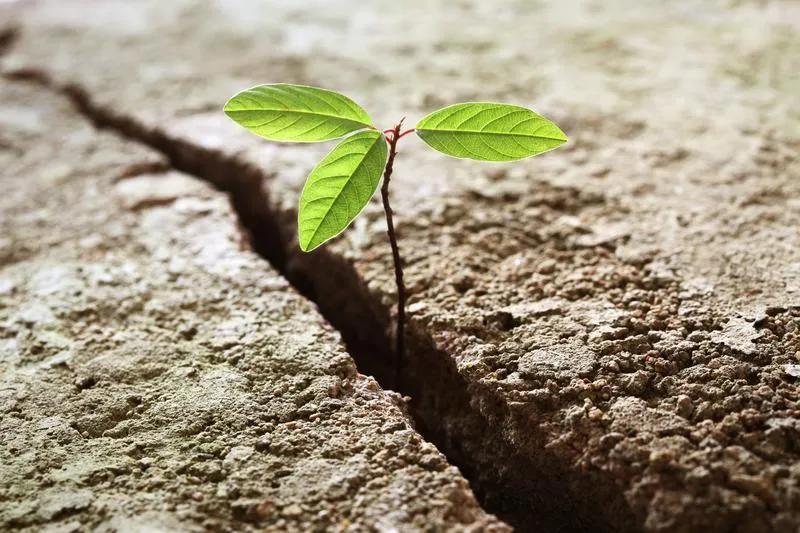
Massive Life Changes
The cure is the aggressive pursuit of a great life. Learn step by step how to cure your sex and porn addiction by aggressively pursuing a great life.
SEE WHY THOUSANDS OF PEOPLE HAVE TURNED TO CRAIG PERRA & THE MINDFUL HABIT
Success doesn’t happen overnight, but it doesn’t happen with zero effort either. Craig has personally experienced the mindset you’re struggling with, and he’s living proof that turning your life around begins with the first step.
Craig Perra’s 12-Week Core Training Recovery Program lets you take your first step from the comfort of your own home, with the freedom of accessing his insights on all your devices. For those of you who need more time than 12 weeks, we give you a full 16 weeks to complete this program.
Verified Client Reviews
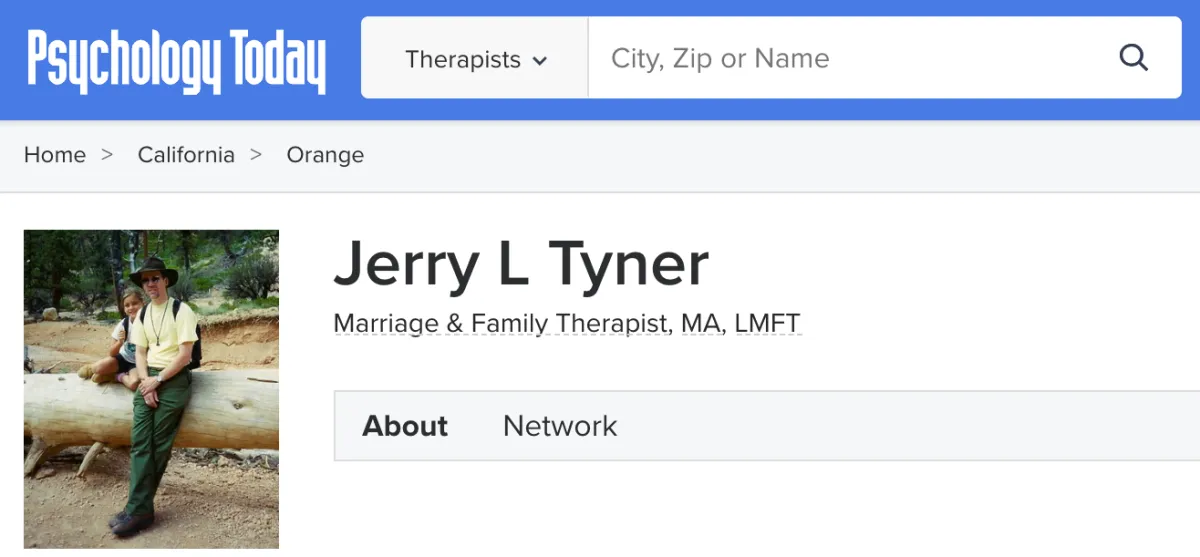
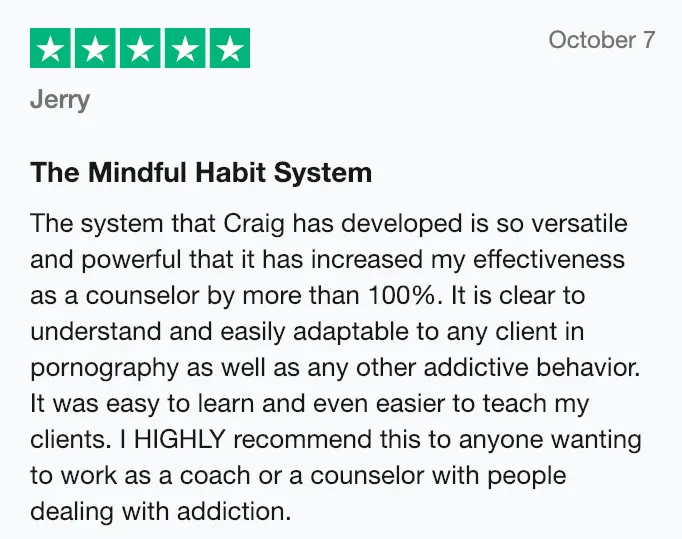
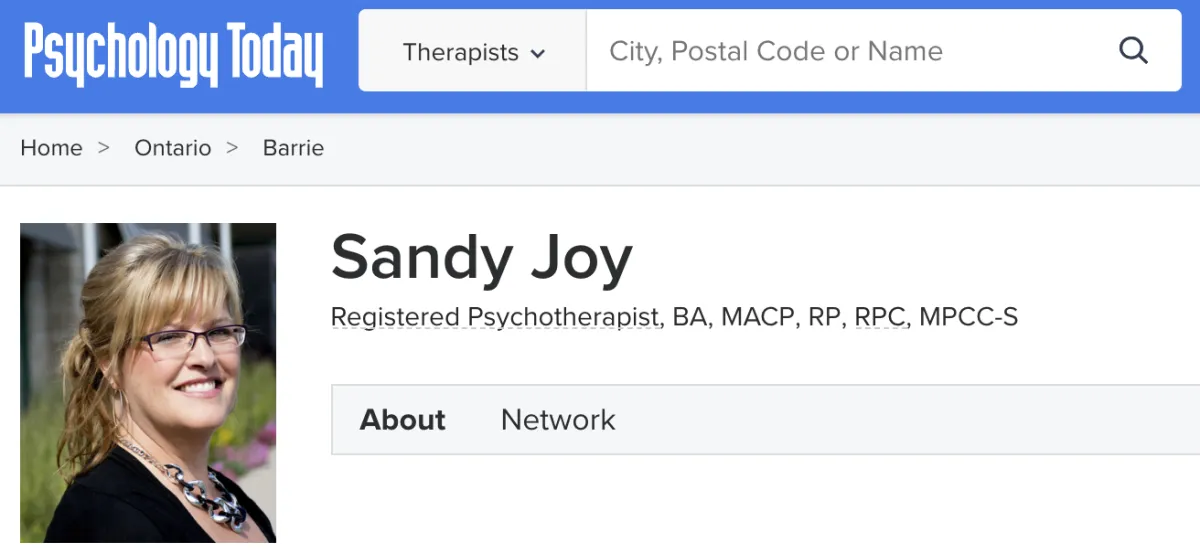
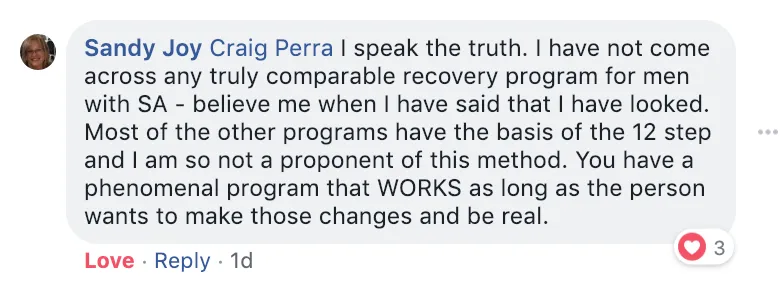
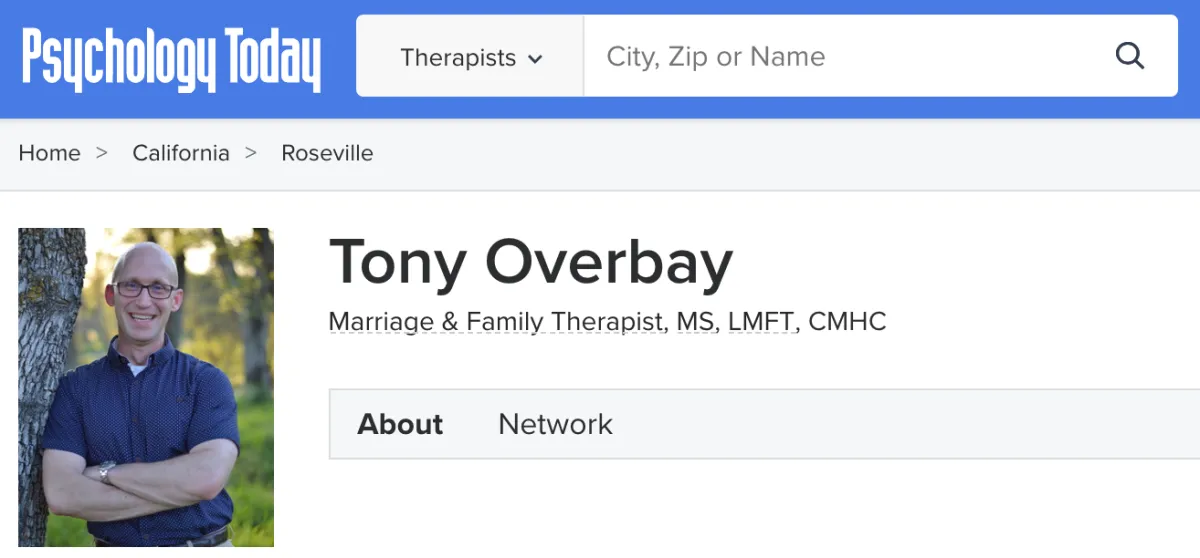
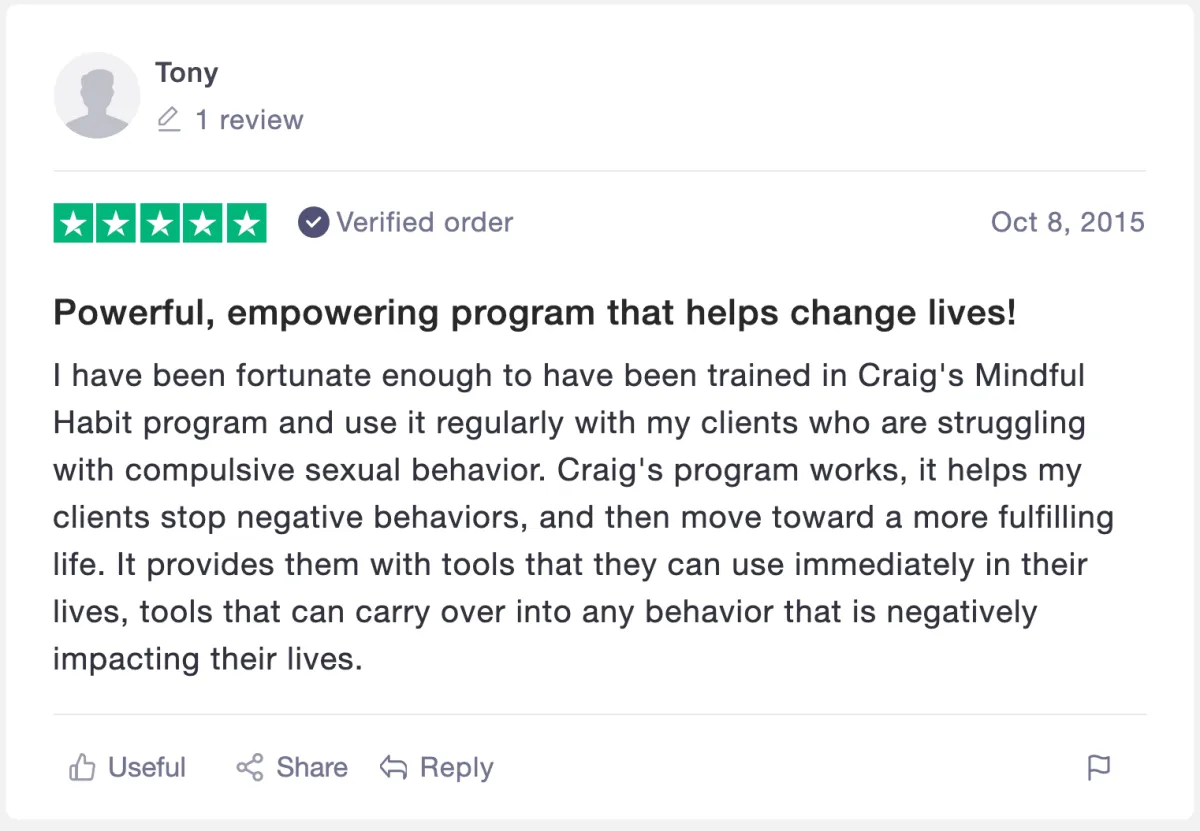
Not Only Experts, But Men All Over The World Recommend The Mindful Habit System
THE MINDFUL HABIT ONLINE CORE TRAINING RECOVERY PROGRAM INCLUDES:

35+ Video Lessons
The same lessons I teach my one on one clients to teach you the skills you need to be successful.

Digital Workbook
The same workbook my one on one clients use to guide them through the program.

Weekly Webinar Q&A
Weekly webinars with Mindful Habit Coaches to keep you on track and staying on the path to success in your journey.
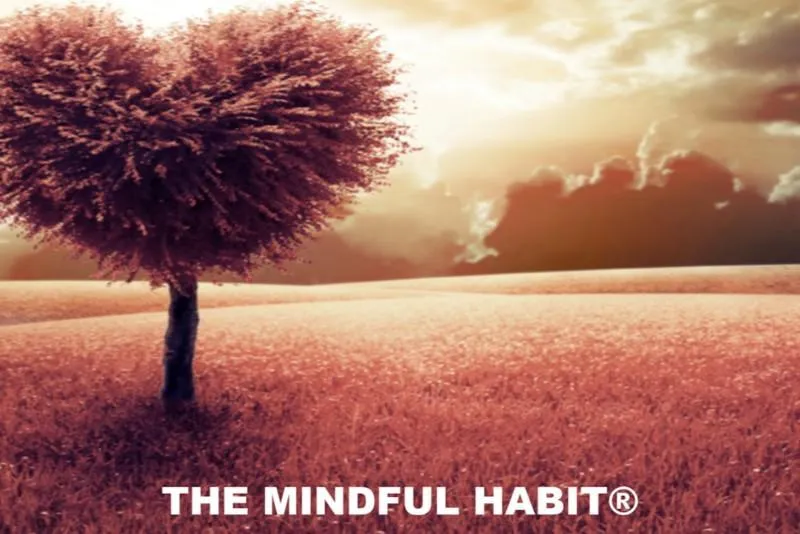
Partner’s Guide
Michelle Perra’s captivating Partner’s Survival Guide is an absolute must forstruggling couples.
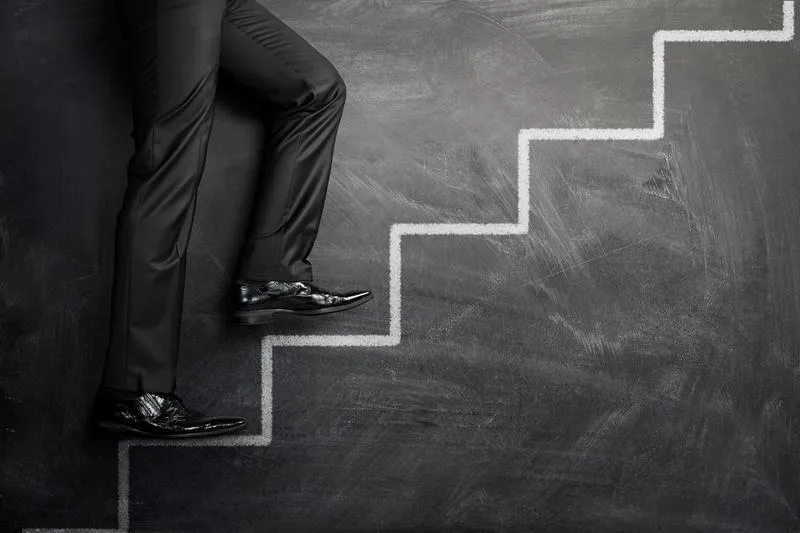
Step-by-Step Path
Step by step instructions to guide you through the program with ease so you never wonder what to do next.

40 Exercises
Learn how to specifically incorporate the lessons into your life so you get results.